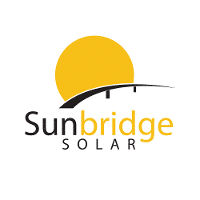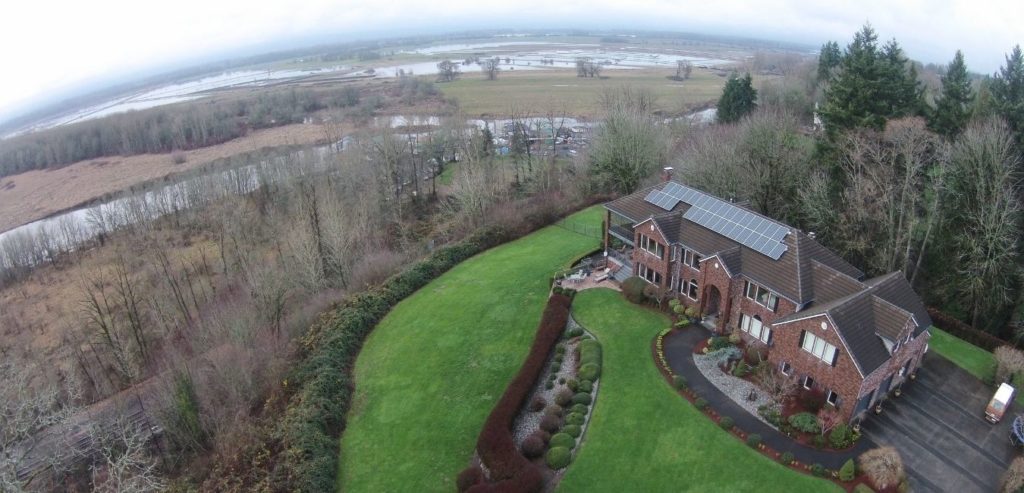We compiled these Top 5 Solar frequently asked questions by studying the different FAQ lists of 15 different solar energy resources and analyzing which 5 questions were asked most frequently.
Read on to see the 5 most common solar energy questions in one convenient location and learn what their answers are.
Solar technology turns sunlight energy into electricity that can be used to power homes and businesses.
Photovoltaic (PV) systems use solar panels to aid in this conversion process. Solar panels are made up of semiconducting materials (such a certain types of silicon). The electrons in these semiconducting materials, when exposed to sunlight, become “excited” and are released from their atoms. These free-floating electrons are then captured by a direct electric current. This current is known as DC (direct current) energy. This means that solar panels themselves produce DC electricity.
But homes and businesses can’t use DC energy directly; it must first be converted into AC (alternating current) energy. The inverter used in a PV system converts the DC energy of the sun into AC energy, which is the energy form that can power homes and businesses.
Each solar installation is unique and, as such, there is no one-size-fits-all answer to this particular question. Any cost estimate must account for a number of variables and these variables will differ for every situation. Solar Oregon estimates that the cost of a 4.2 kW system would be $13,000 – $15,000. However, understanding what these variables are is the first step in answering this question. Some solar panel cost variables include;
The size of the system, which is often based on;
- Your household or business’ electricity needs and;
- What percentage of your electricity needs you want to be offset by solar energy.
- The type of your roof. Tile roofs require more labor hours, thus a higher price.
- Location of your roof. Is it west or south facing? It is shaded by trees?
- The angle of your roof. The optimum angle in Portland is 32 degrees.
How you finance your solar panel system.
The quality of equipment.
For most up-to-date pricing, we recommend contact us.
The amount of solar incentives available depends where the solar electric system will be installed. On the federal level, the Investment Tax Credit (ITC) can be claimed by all homeowners and business owners. This credit reduces your federal tax liability and valued ay 30% of final cost of installing a brand new solar system. At the local levels, the amount available varies state by state.
The time it takes to pay back the cost of installing a brand new solar system is a difficult question to answer without a site-specific analysis because many factors will influence the final result. Your rate of return will be dependent financial and environmental variables. Some of these variables include:
How much you currently pay your utility for electricity.
How much your utility will pay you for any extra energy your solar power system generates.
How much energy your solar power system will generate every year.
How much electricity you use per year.
The cost of the solar energy system.
The solar energy rebates and incentives you receive.
At Sunbridge, we use the latest software and aerial imagery to model your property with extreme accuracy all at no charge. To find out what solar looks like for your home or business, request a free consultation today.
Yes! Own your electricity and turn your utility bill into an investment with one of our $0-down, solar specific loans.


